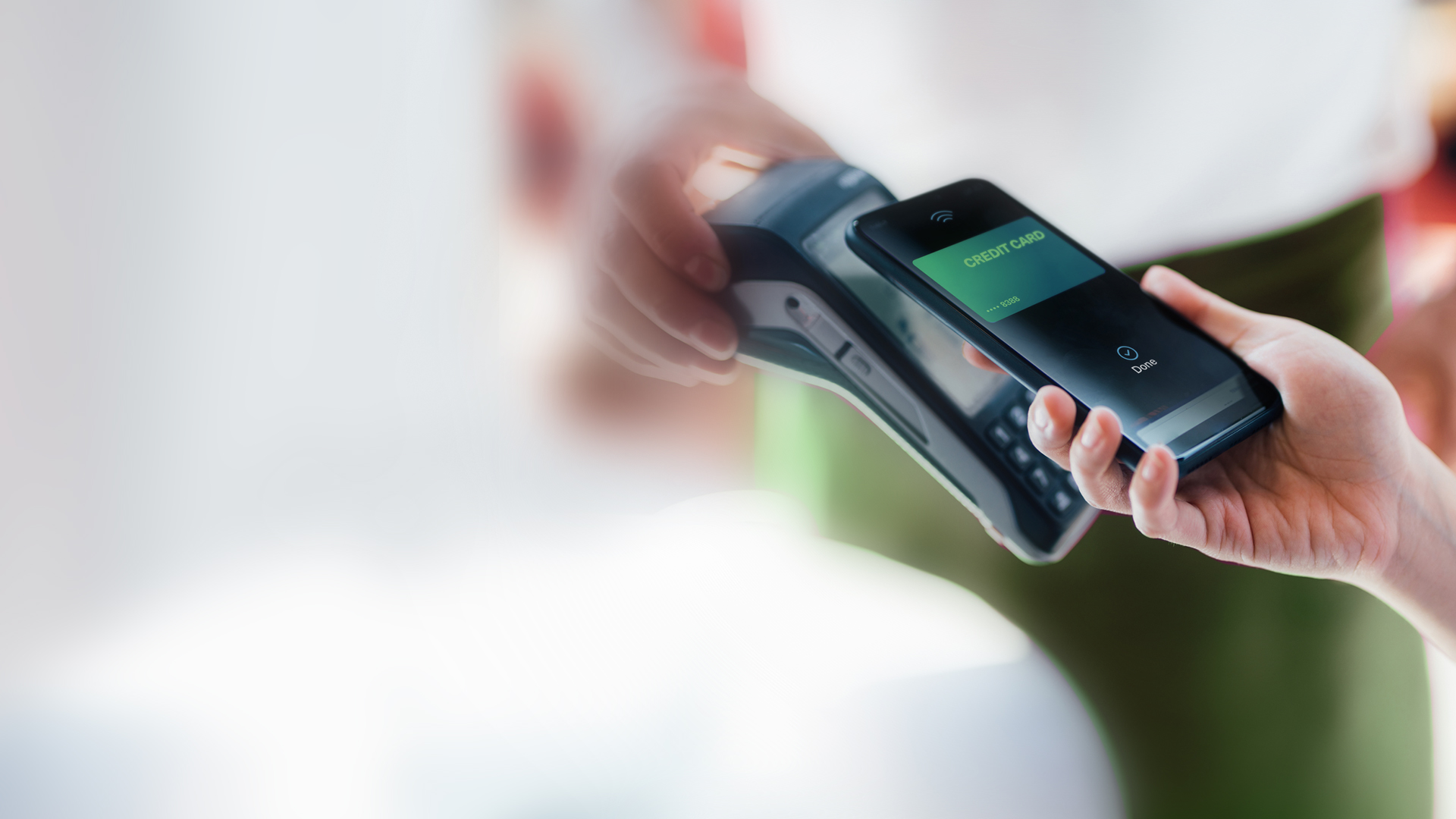One thing we can all count on is that scammers will be scamming. Advances in technology have helped them, but humans remain their best way to gather information. That’s why they use various techniques like cold calls, phishing and related plots to get you to share crucial information they can use to defraud you.
You can prevent this from happening if you know what to look out for.
Read on to find out how the scammers get the information, how they use it and how you can safeguard yourself against these forms of credit card fraud.
Don’t get hooked by a phishing scam
Phishing involves fraudsters asking you to click on a link in an email that directs you to a fake website. This site then prompts you to enter personal information such as your card number and PIN or online banking login details.
Your bank will never ask you for your card PIN or online banking login details. If you receive an email asking for these details, you can be sure it’s phishing.
There are ways to spot a phishing email. First, look at the layout of the email. Is the organisation’s branding on the email? Does it look professional? Is it addressed to you personally, and not ‘Dear Client’? Hover your mouse over any hyperlinks to see the actual URL and make sure it is the real thing. If anything looks suspicious, don’t click on the mail – instead, report it to the organisation that the fraudsters are pretending to represent.
Calls warning about fraud on your card
There are several frauds where a scammer calls pretending to be someone they’re not. In this case, they pretend to be calling from the credit card division to warn you of possible fraud on your credit card. This makes the scam believable and easy to fall for.
Don’t believe hoaxes like ‘entering your PIN backwards at an ATM will block your card’
The scammers will be trying to get more information from you by saying, for example, that they’ve picked up possible fraud on your card, could you please confirm some details. They’ll probably be asking for information like the card number or security code on the back, or even your home or work address or identity number.
Under no circumstances should you share this over the phone, or any online platform. This is information we’ll never ask of you.
The only way you can be sure is to hang up and call our fraud helpline on 0800 110 929. They can tell you whether the call was real, and whether they've noticed any strange transactions.
You’ll then be guided through the right steps if any fraudulent activity has been spotted on your account.
Stealing your card at an ATM
Be alert when drawing cash at an ATM. Fraudsters often tamper with ATMs, so that they don’t work properly, and then pose as friendly passers-by who offer to help. Then they steal your card.
Your first line of defence is to never accept help at an ATM – not even if the person looks like a bank official or security guard. Don’t believe hoaxes like ‘entering your PIN backwards at an ATM will block your card’. These are scams designed to get you to reveal your PIN.
Your second line of defence is to act fast if your card is stolen, or it is retained by an ATM. Before leaving the ATM, block your card on the Nedbank Money app, or by calling 0800 110 929.
Credit card skimming
This is an old trick that’s still in use. The idea is to read information off your card by using a card-skimming device, which is placed in an ATM or point-of-sale card reader. Unsuspecting clients insert their card into the slot as usual, without realising that all the card data has now been captured.
This information is used to create a clone or make a copy of your card. The scammers then shop as if there’s no tomorrow, leaving you with the bill to pay.
The best way to protect yourself is to check that the card slot doesn’t look tampered with. And cover the keypad with your hand because cameras may be capturing your PIN as you enter it, giving them everything they need.
All these examples highlight why you should remain vigilant and monitor your monthly statements for strange or fraudulent transactions. If you do see something suspicious, contact the fraud helpline on 0800 110 929.
You can find out more about other types of financial crimes and methods used in the comprehensive list compiled by the South African Banking Risk Information Centre.
You can also get a more detailed explanation of the methods used daily to defraud ordinary people.








